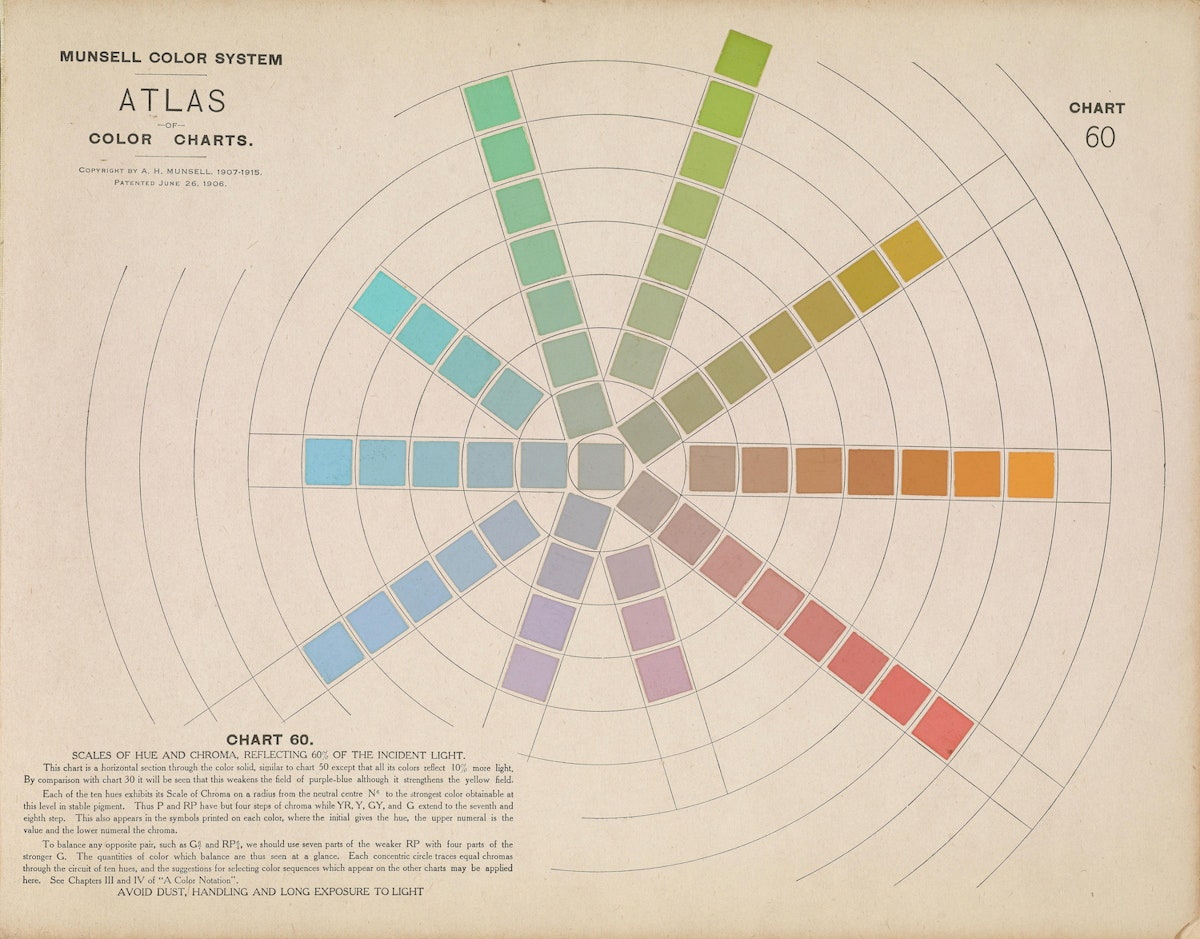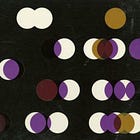“So what are you going to do? Everything, is my guess,” Nora Ephron famously told the graduating class of Wellesley in her 1996 commencement speech.
That same year, I gave a graduation speech at my all-girls elementary school in San Francisco. Nora quoted Yogi Berra in hers (“When you see a fork in the road, take it”); I quoted ABBA in mine (“What a joy, what a life, what a chance”).
Was it a sign from the future that my work would eventually focus on developing language for brands and people who do their version of everything, after years of doing my own?
To yes-and Yogi: When you see a sign in the road, take it.
I had 35 jobs before the age of 35, and often several at once. That’s not an exaggeration; you can count them in this article I wrote for Forbes way back in 2016. (In hindsight, I have no idea how I got that one past the Forbes editorial team. There is a photo of me with cartoon dollar bills flying around my face.)
When I was doing everything, the whole idea of it was weird. Embarrassing, even. Words like “multifaceted” were not used to describe careers. No one was quoting Whitman’s famous line about containing multitudes in their social media bios. Beyoncé hadn’t yet told us that unique is what we are.
Now it’s increasingly normal to do all of the things. Encouraged, even. At the very least, there’s much more cultural awareness around something that shouldn’t be as surprising as it’s often made out to be: that we’re human beings who are dynamic, diverse, and yes—multifaceted by nature.
Sounds kind of obvious when you say it like that, doesn’t it? Tell that to all those people writing think pieces about it in the Harvard Business Review while acting like it’s the revelation of the century. I imagine Whitman sighing in his grave.

Even if being multifaceted is in your nature, here’s something that’s probably not: knowing how to talk about it. And not knowing how to talk about it is not your fault.
As much as everyone loves to talk about doing everything, very few people talk about how to talk about it. Ecstatic Voice arguably exists because I looked far and wide to find someone else who was talking about how to talk about it, until that exhaustive search culminated in finding myself googling how to set up an LLC.
It’s baffled me for at least a decade how much business and career advice tells you to just “write a great about page” or “practice describing what you do” with absolutely no additional information about what even makes a great about page—especially when you’ve got a lot to put on there—or what the heck you’re supposed to be practicing, not to mention how the heck to practice it.
Sidebar: If anyone tries to tell you that practicing and drilling are the same thing, they are not. We’re not at the dentist! Which reminds me that I need to call mine.
Communication, if it appears in career guides or business manuals at all, is usually relegated to a chapter near the end, with the same kind of scanty advice that makes you wonder if there’s some other book you should’ve read first.
There isn’t, and so you’re left to your own devices—doing your best to learn a language that doesn’t yet exist, because you happen to be one of the people who is actively changing the collective conversation by the very fact that you’ve decided to do all of the things whether or not you know how to talk about them.

One of the many uniquely-challenging-yet-undeniably-punk things about that is that you get to create your own language. A living lexicon that defines who you are and what you’re all about—not in spite of the fact that you’re multifaceted, but because of it.
Why am I so passionate about this that I force words into compound adjectives like “uniquely-challenging-yet-undeniably-punk” while writing about it? Because creating your own language isn’t surface stuff made to be stuck in the back of a book; it’s identity-deep, this-is-who-I-am, the-world-is-changing-and-I’m-a-part-of-it stuff.
So apparently my lexicon is heavy on the compound adjectives.
This is all to say that if you’ve found yourself dreading the question: “So, what do you do?” because you do a lot and you don’t know how to talk about it all, you’re in the right place.
In this series, I’m going to share how to describe your work in a way that turns complicated puzzles into magnificently complex packages, random assortments into strategic collections, scatter plots of accidental choices into kaleidoscopes of meaningful moves.
Next, I’ll be talking through some things that you might have already tried and why they probably didn’t work (I’m looking at you, “generalist”). And then, I’ll be sharing concepts and tools to support you in crafting your own language that does.
As always, paid subscribers will get the full experience, which makes this a good time to tell you that yearly paid subscriptions are 20% off for August:
EV is officially moving to an academic calendar in September—a goal I’ve been working towards for the last two years, as someone who has a soft spot for school supplies and considers fall my chosen new year. This discount celebrates all of that and everything else that’s on the way.
Bouquets of newly sharpened pencils (see you Friday),
P.S. If you’re looking for something to read with your “Tall! Decaf! Cappuccino!” (my lexicon is definitely heavy on the You’ve Got Mail references), try these:






"We’re not at the dentist! Which reminds me that I need to call mine." 🤣🤣🤣 CATE. How are you able to write about hard things with so much joy?
Cate, I love this and can't wait to see the rest of this series! I'm one of those few people trying to talk about how to talk about a multifaceted existence, too, so it's lovely to meet you! 🙋♀️🩷 I love the power of language to shape our experience in the world. But it's not easy to find the right words is it??